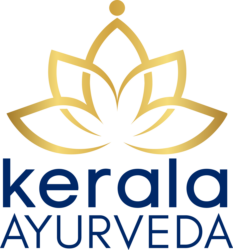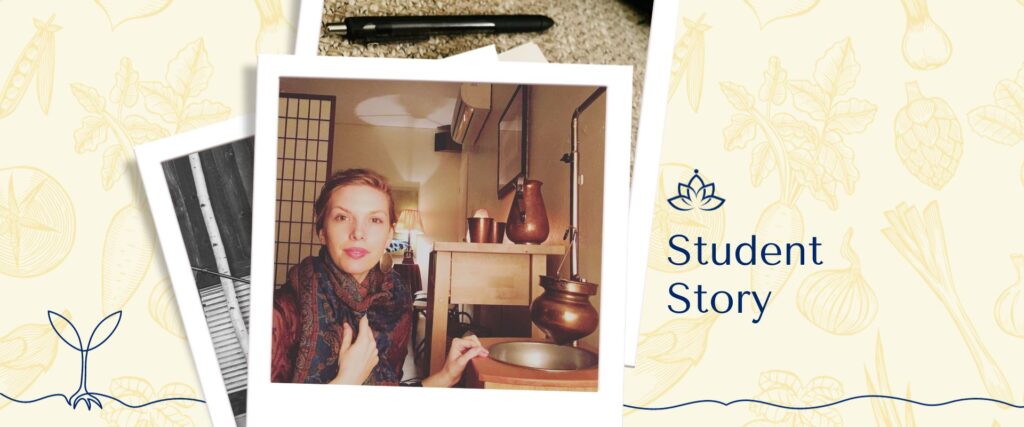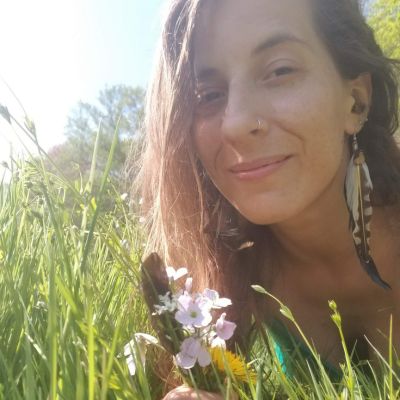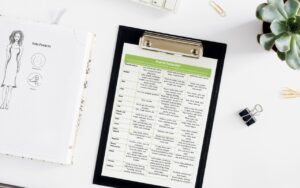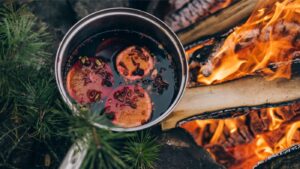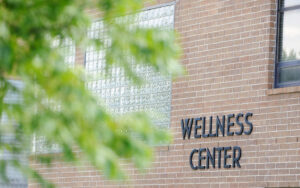Each of us is endowed with a unique Dharma, or life purpose according to Ayurveda. This Dharma includes the bigger things we do, such as our career, community role or parenthood. It also informs how we live with purpose every day. Each graduate of Kerala Ayurveda Academy demonstrates how Ayurveda lives within us all and is expressed uniquely according to that personal Dharma.
We connected with alumnus, Madison Madden, an Ayurvedic Practitioner (AP) graduate and recognized Ayurvedic Doctor with NAMA to explore the expression of her Dharma in relation to her Ayurvedic career. In addition to her Ayurvedic background, Madison is a Trained Birth Doula, Certified Yoga Teacher, Movement Specialist, Sustainability Activist and author of the best-selling book Mind Body Food. Read on to learn more about her gifts, how she discovered them, and how she has handled all the bumps in the road on her journey.

What inspired you to pursue a career in Ayurveda?
As a toddler, I had a run-in with environmental pesticides that left me very ill. I was treated heavily with antibiotics and steroids for a variety of mysterious conditions. The treatment potentially saved my life, but also left me with a severely weakened immune system and a havocked gut.
I headed down a spiral of severe health difficulties through my adolescence and found myself taking a myriad of pharmaceutical drugs – each leading to a side-effect that invited another. By college I was taking a cocktail of nine different Rx medications and working with the disability service at school. I was in chronic pain, and every system in my body seemed to be affected. Doctors passed me around and didn’t know how to help. I did not think I would live to be 30.
In my early 20’s, I discovered Yoga and Ayurveda, and through loving guidance and disciplined practice, I was able to heal all of my chronic health conditions that were thought incurable. While I originally felt very alone in my journey, I discovered that people everywhere are struggling to find balance in their body and mind, as well as a deep longing to reconnect with nature and spirit
When I was a child, I would offer healing treatments to my family members at family gatherings. I seemed to be able to identify their pain, and often give them relief through my touch. I remember feeling the prana and the intelligence in my hands even back then.
I knew I was a healer, but it took my own health journey for me to remember it, and to find Ayurveda, the modality that sparked my soul and taught me about the resilience and deep healing potential we each have within us.
Did you come up against any resistance, internal or external, to this path? How did you overcome it?
Yes, I still do. Resistance has come in various forms. I feel it, acknowledge it, explore it, and keep going. I find that it has wisdom in it.
I remember the feeling of graduating from Kerala Ayurveda and opening my first clinic… I felt extreme imposter syndrome. While I had learned a lot, there was still so much that I knew I didn’t know. I was scared to have people’s lives in my hands.
I was lucky to have several mentors, one in particular who really pushed me outside of my comfort zone. I also had a wonderful partner in my Ayurvedic practice for the first many years. We supported each other in our continued learning and growing our confidence along an uncharted path.
We offered what we knew and kept a ruthless focus on learning. We sought out teachers and classes all over the world, and in a variety of subject matters within Ayurveda to continue to supplement the knowledge we learned in school. To this day, I still meet with my mentor in India weekly
Today, my internal resistance tends more toward a sensitivity around cultural authenticity. How do I practice Ayurveda as a Western-born and Western-trained individual with as much sensitivity and honor for the Indian roots of Ayurveda as possible?
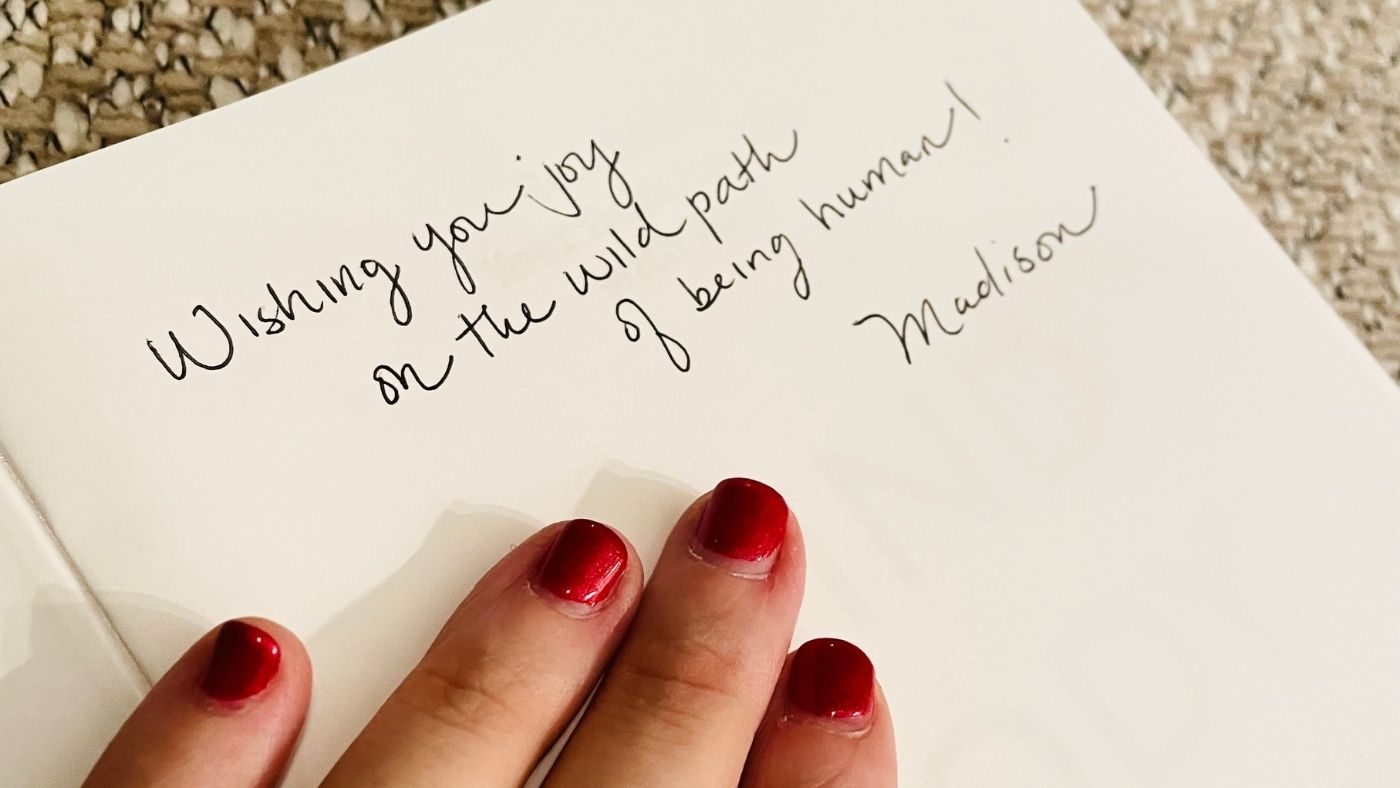

You have developed a niche in supporting people with their diet and relationship with food, as well as a speciality in marma therapy. How has your personal journey and interests led you here?
I find that the “how” we eat is often overlooked in conversations about food and nutrition, and that even Ayurvedic professionals offer dietary advice without addressing our clients’ relationship to food.
Our relationship to food encompasses much more than the nutrients and qualities we consume – it’s rooted in how we allow or resist nourishment, pleasure, and connection based on our life history, trauma, stress, and cultural roots.
A major part of my health voyage was overcoming an eating disorder. Again, this is something that I once felt very alone in, however, disordered eating is actually exceedingly common. It is also under-acknowledged and often misunderstood. To me, helping someone transform their relationship to food is an invaluable gift we can bring as Ayurvedic Practitioners.
I consider myself a lifelong student of Marma, and see it as the sacred geometry and circuitry of the body. While there is little formal literature or advanced resources on Marma Therapy written in English, Marma forms the foundation of all Ayurvedic body therapies and is inextricably linked to Yoga. I practice both Ayurvedic body therapies and Yoga with deep reverence and devotion.
With a focus on hands-on and somatic approaches to Ayurveda, I greatly enjoy the quest of deepening my knowledge and relationship to Marma, and find its relevance to be unparalleled.
Were there any surprising truths along the way as you came into your own as a practitioner?
The first thing that comes to mind is that there are many paths to the top of the mountain
I remember feeling frustrated as a student of Ayurveda hearing so many different perspectives and seemingly contradictory approaches from teachers and Vaidyas I looked up to. I’ve come to learn and appreciate that there are many paths that lead to successful healing.
It’s important to develop our personal, authentic relationship to the medicine rather than strive to do it the right way. The proper balance of knowledge and wisdom holds an important alchemy for each of us.
Were there any significant points at which you said “no” during your career when a path didn’t feel right? E.g. no to a specialty, a training, a timing, a client, etc. How did you navigate these decisions?
Yes. I was approached by a well-known global publisher about writing a book on at-home Panchakarma. While it was a great professional opportunity, I am not a supporter of at-home DIY Panchakarma and could not accept the project with integrity. I suggested other subjects, but none were taken.
To me, bringing Ayurveda to the public is a delicate matter. Following my inner compass of truth and integrity feels vital.
Burnout in our industry is real. Is there anything else you’re studying or practicing that has nourished you as a health professional?
My daily yoga, meditation, and movement practice is very important to me. It feeds me both personally and professionally. It helps me to maintain a devotional approach to my practice, illuminate my blind spots, and uphold compassion for myself and others.
I’ve also recently begun practicing the harmonium and singing kirtan. I find so much joy that it often brings me to tears! It has been deeply nourishing to my heart.
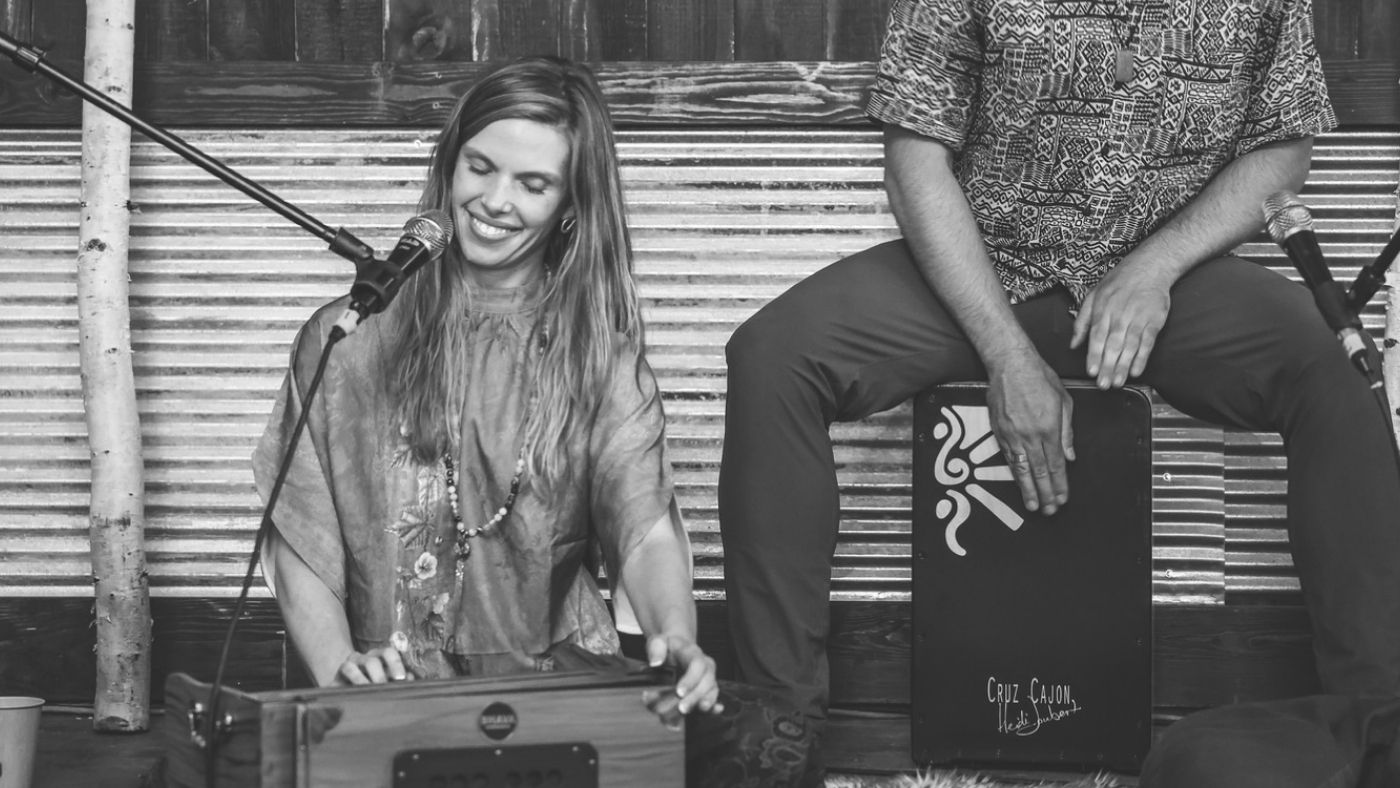

A lot of students and new practitioners are intimidated by the knowledge they don’t have and struggle with imposter syndrome. Do you have any advice for this?
I believe that the feelings of imposter syndrome are important, and that when we’re feeling them there is usually truth in it.
Rather than hiding, freezing, or pretending, I recommend celebrating and sharing the experiences you are confident in, while also directly pursuing knowledge in the areas you are feeling less secure in. Putting yourself out in the world with the recognition that you are still learning is vulnerable. I have found authenticity is generally well received and is an important part of overcoming imposter syndrome.
To continue learning, I find mentorship to be imperative. A healthy and committed student-teacher relationship is one of the most invaluable tools in any craft. Find an expert that you deeply respect. Build a relationship with them. Show them your commitment and respect, and ask to learn from them. Observe not only their formal knowledge, but how they apply it to their work and life. Notice what sparks you, and let that become part of you.
Confidence is an embodied experience, not an intellectualized thought. People don’t remember what we say, but how we make them feel.
Is there anything else you would like to share with fellow Ayurvedic practitioners and students?
I believe we each have a unique magic to bring to the field of Ayurveda. Yours will look different from mine, and even your most respected mentor. This can be challenging and conflictive at times, both personally and as a professional community.
My hope is that each of us can find joy in discovering the unique way that Ayurveda lives through us, and honor the multitude of ways that we can share the gifts of this amazing science of life.



connect with madison
Website: www.livewiseheal.com
Instagram: @livewise_madisonmadden
Book: Mind Body Food: Redefining Your Relationship with Food
